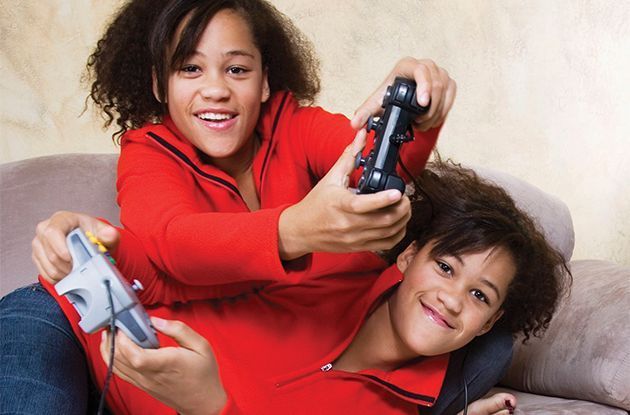Get the Best Kid-Friendly Activities
Sent to You Weekly!
Can you explain why parents should model empathy for their children?
Kids need to see emotions from their own point of view. If your 3-year-old has her blankie taken away by a friend, she might lash out. Your commitment to empathize with your child is an important determinant of her ability to offer understanding to her sibling. You are teaching her to feel safe with emotions, teaching her to self-soothe. This is the most fundamental emotional intelligence skill.
Are we perhaps fooling our kids, or lying to them when we tell them we feel their pain about having chicken for dinner again?
As with any other relationship, it is all about seeing the other person’s perspective. It’s not about winning, or trickery. If a relationship is about conflict and winning, there will always be less love. When you respond to this type of comment with: “You used to like it, but I guess we have had it a lot. What kind of meals would you like? Let’s make a list!” you will end up having a great discussion about dinnertime options, with a new plan and meal choices your kids won’t reject. The response let’s your child know: I’m acknowledging you, let’s find a solution.
Is it healthy for parents to repress their own anger when a child misbehaves?
Naturally you will feel hurt when your child willfully ignores a request (or complains about his dinner, or leaves his coat on the floor again…), but when your response is anger, you’re acting out of your own hurt or fear. Anger is a way to defend ourselves when someone hurts us—it’s a secondary emotion. Don’t have a tantrum—that just models how to bully. Instead, try “C’mon buddy, let’s get this coat off the floor. I know you were excited to watch television, but it’s important to put our things away so that we can find them in the morning.” Here, we’re not repressing anything, and we’re not being walked on.
You are not a fan of putting kids in ‘time out.’ Can you explain why you feel this particular form of discipline is not effective?
Time-outs are effective in stopping the behavior in the moment, but not necessarily in the future. They actually make the behavior worse. Studies show that with more compliant kids, time-outs do work—by scaring them. But it is a symbolic exclusion, a disconnection from you. You’ve introduced a level of anxiety about your love. Challenging kids won’t go in a time-out. They will become defiant, and you end up eroding the relationship. But when we provide safety and compassion, that’s when the strong-willed kid can cry, instead of backing off and starting to build safety in other ways.
Instead of sending your child to his room, interrupt the behavior, and immediately shift empathy. Hold or touch the child, and articulate the issue by explaining (“We don’t throw food”). Since all behavior comes from emotional needs not being addressed, make eye contact and tell your child, “Let’s find out what’s upsetting you.” This is parent as leader. When you’re compassionate enough, the anger should subside, and the child is no longer fighting back, nor afraid of his emotions.
Dr. Laura Markham is the author of Peaceful Parent, Happy Kids (Perigree, May 2015) and the founder of AhaParenting.com. She earned her Ph.D. in clinical psychology at Columbia University. Her clinical practice is devoted to coaching parents from New York to Australia. Dr. Markham has been featured or quoted in the Wall Street Journal, Parents, Los Angeles Times, Boston Globe, and hundreds of other print and online publications. She lives in Park Slope, Brooklyn with her family.
Also see:
New York City Siblings Share a Unique Closeness




.jpg)

